Carbon Dioxide as a Risky Asset
by Adam Michael Bauer, Cristian Proistosescu, and Gernot Wagner
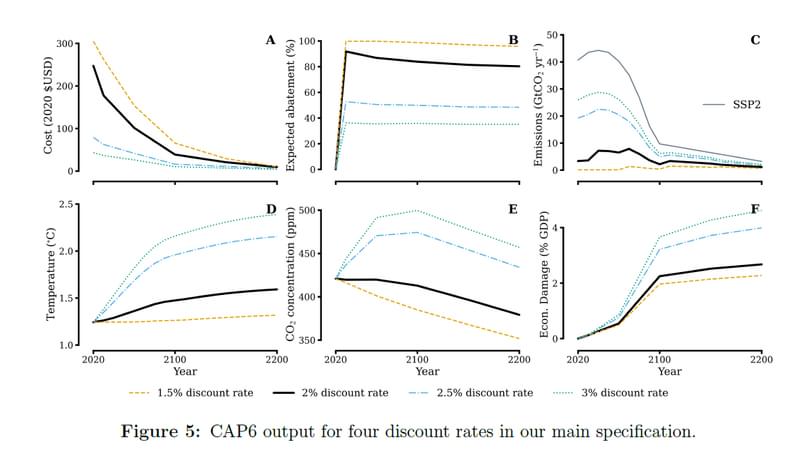
My columns, essays, books, as well as research and teaching materials like case studies.
by Adam Michael Bauer, Cristian Proistosescu, and Gernot Wagner

Improving energy efficiency is not enough for advocates of degrowth, who espouse energy sufficiency as the best way to fight climate change. But their argument is absurd: using limited inputs more efficiently is the definition of economic productivity – which, in turn, boosts growth.
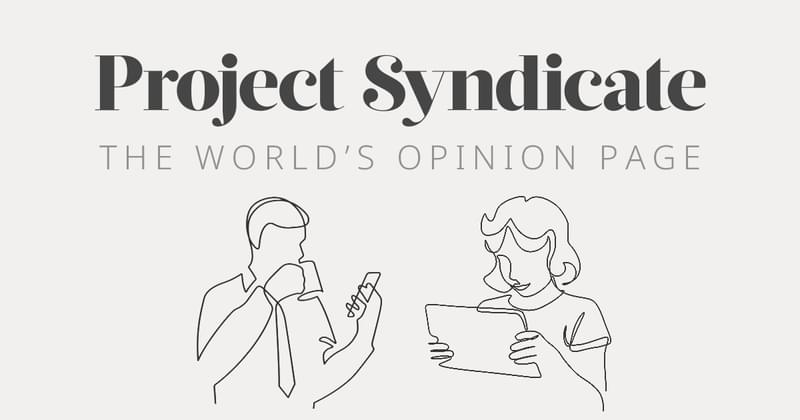
by Gernot Wagner & Shang-Jin Wei

Even if Donald Trump defeats President Joe Biden and tries to take a wrecking ball to US climate and environmental policies, he ultimately would be powerless to derail the inevitable renewables revolution that is gaining momentum worldwide. His anti-climate agenda would be another wall that never gets built.

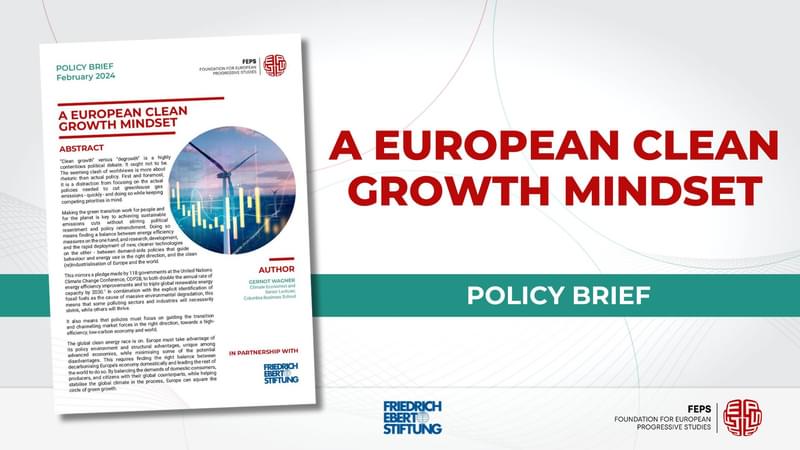
And the U.S. Inflation Reduction Act is surprisingly well-designed to deal with the fallout.
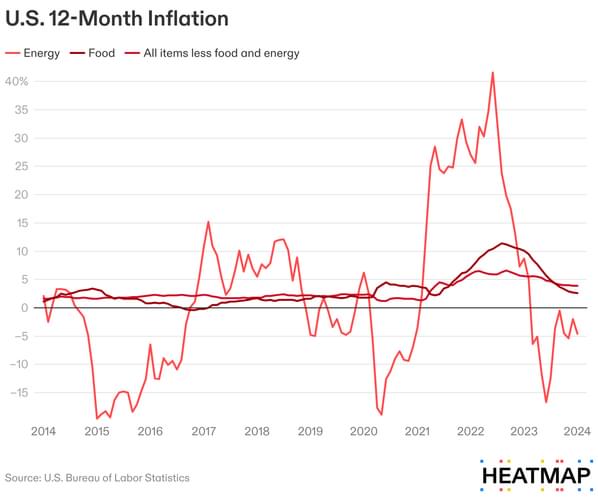
by Matthew G. Burgess, Leaf Van Boven, Gernot Wagner, Gabrielle Wong-Parodi et al
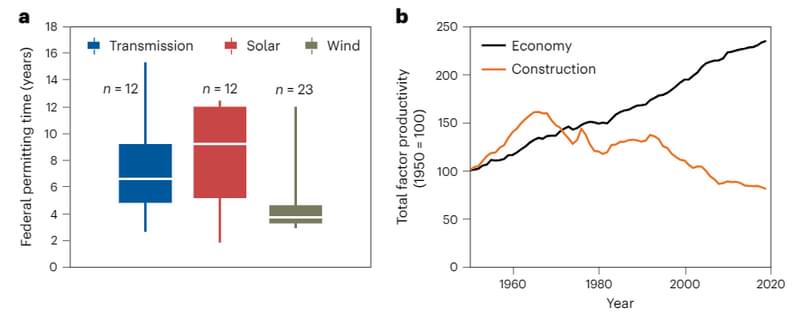
by Christine Merk and Gernot Wagner
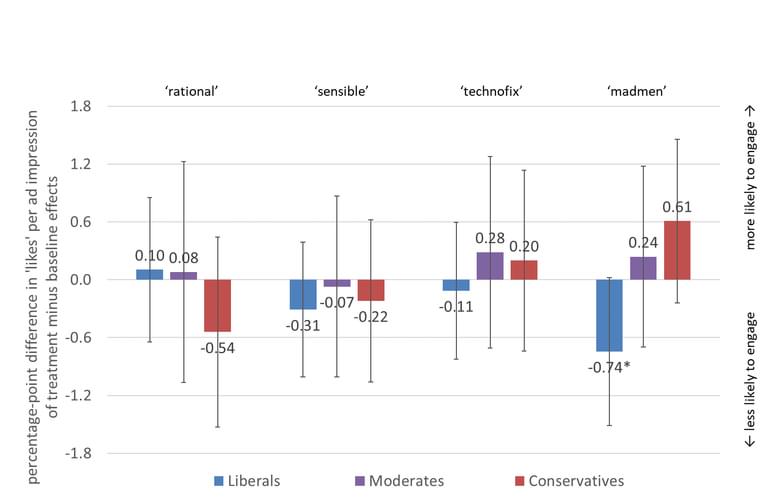
Given that this year’s United Nations Climate Change Conference was hosted by a petrostate and led by a fossil-fuel CEO, climate campaigners understandably had low expectations. Yet the summit did deliver some new commitments, and there is good reason to think that they are more than just empty words.

by Matthew J. Kotchen, James A. Rising, and Gernot Wagner
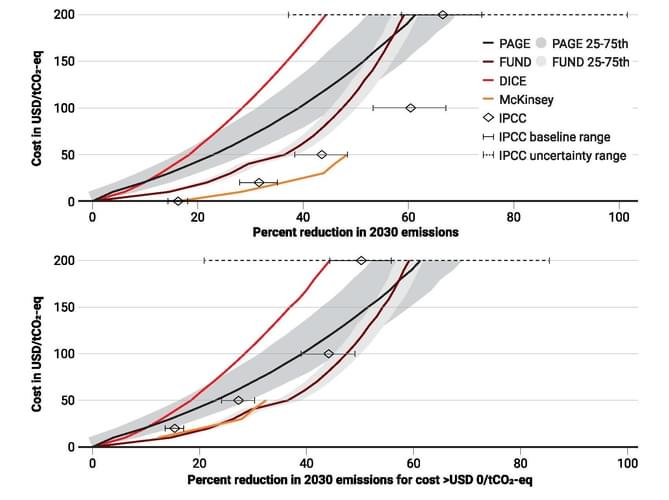
It is both technically possible and economically feasible to eliminate almost all the carbon dioxide from iron and steel production by mid-century, thus cleaning up an industry that accounts for 10% of global emissions. But progress will not happen without a concerted policy push.
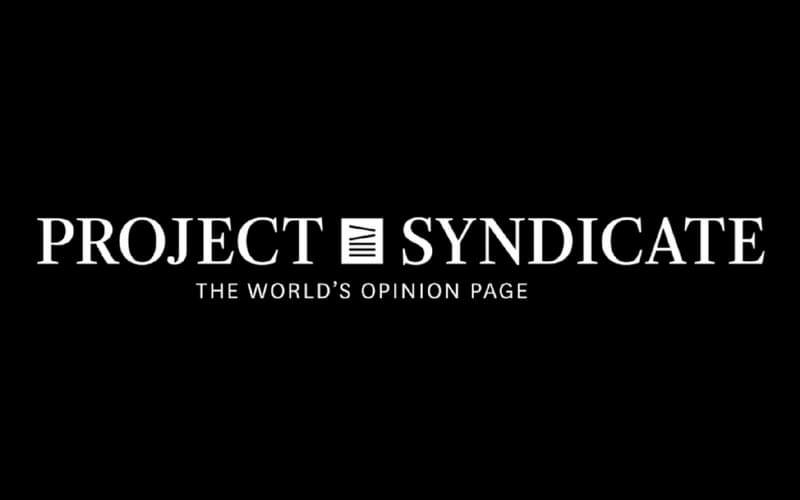
by Gernot Wagner & Conor Walsh

When the Price Is Right
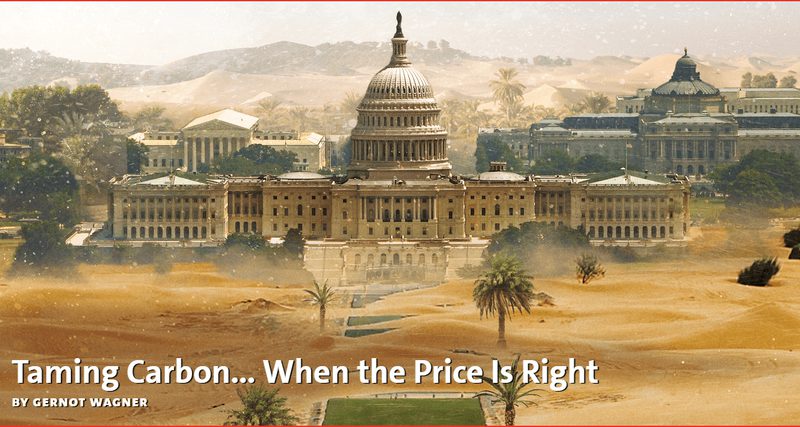
Heated academic debates between proponents and opponents of traditional economic growth under capitalism might make for good television, but they offer little in the way of solutions. Climate change demands that we achieve both growth and degrowth, depending on the activity and economic sector in question.
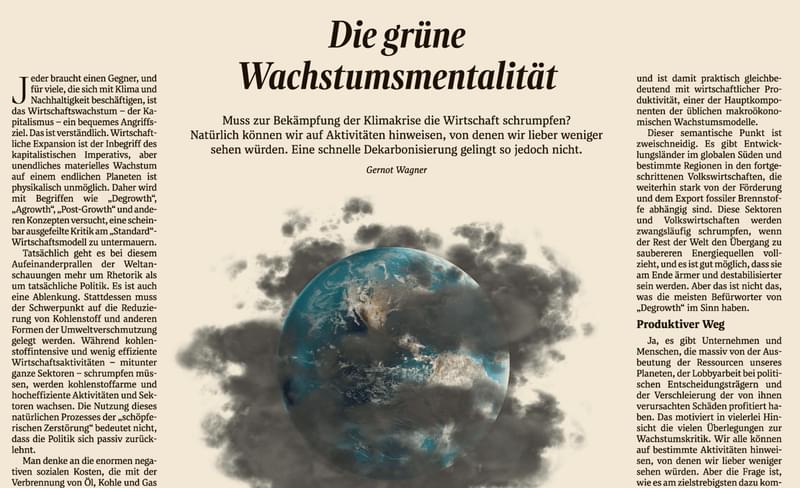
As long as coal plants are still operating, it is a good idea to require them capture their carbon dioxide emissions. But those designing policies to hasten such practices must tread carefully, lest they unwittingly extend the life of dirtier energy sources.

Hint: It's about minimizing risks and uncertainties.

by Charles Komanoff & Gernot Wagner

by Charles Komanoff and Gernot Wagner

To think that technology will save us from climate change is to invite riskier behavior, or moral hazard. Whether a climate technology creates new problems has little to do with the solution, and everything to do with us.
